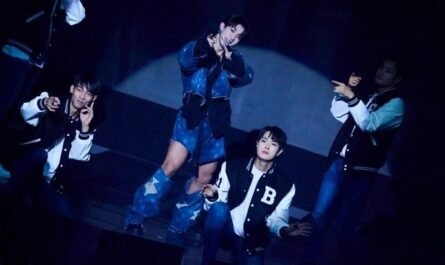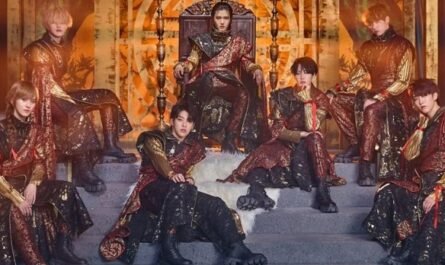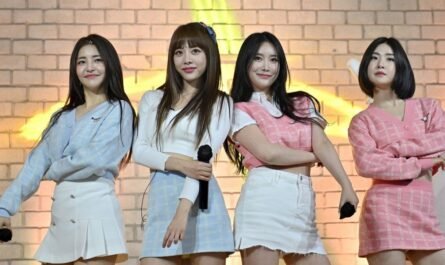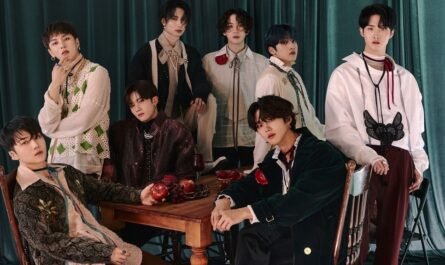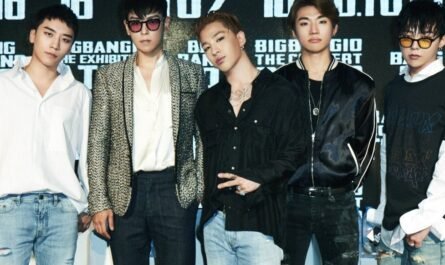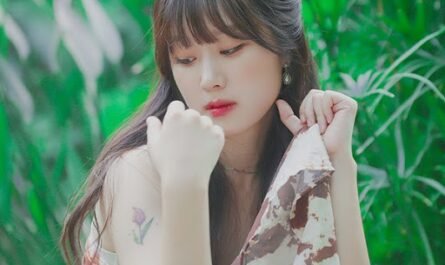Literary critic Shin Hyeong-Cheol criticized Na Hee-deok’s poetry and defined the poem’s lyricism like this. When “too soon” is the world’s time and “too late” is my time, the time difference is lyric. Poetry is the “fossil of confusion and confusion” created by the failure of encounters with the world and others.
If I apply this word to other fields, the time difference between Korean hip-hop in the 00s was also slower than in the world. If self-help and promise for tomorrow were the dominant emotions, Korean hip-hop since the 2010s says that I am faster than the world. He achieved success faster than the world’s time and climbed to the top of this society more quickly than others.
This is the lag of one of the traditional customs of hip-hop, ‘self-show.’ And in K-pop, the same time difference as this is ‘Girl Crush.’
K-pop girl crush has a personality that takes lyrics and stylistic elements from hip-hop and reverses gender. It has to do with agencies such as YG and JYP, who pioneered this style, have musical roots in hip-hop, or have referenced American hip-hop for content production. But, of course, hip-hop is a highly masculine genre.
The emotions and orientations that women expect from a girl crush are often at odds with that. However, when hip-hop’s swagger is an attitude that shows off my style and life, there is an aspect of it that is confident in values such as self-love and self-affirmation. Women deserve to be themselves too, and I want to say who I am. It is said that the type of girl crush with a friendly, confident attitude gives such a sense of freedom.
There is a question that follows here. If so, is the time difference accurate? Am I ahead of the world? Asking whether the character as a rapper and life in reality match is also the traditional hip-hop custom of ‘authenticity.’ Even if an unknown rapper who just appeared boasts that he has achieved wealth and fame, no one will believe it. Furthermore, it is possible to ask about the time difference between the pleasure of self-promotion provided by hip-hop and the reality where people who listen to it and empathize with themselves live.
I have pointed out that in this respect, Korean hip-hop reproduces the belief that self-made people are still possible in a reality where class mobility has become complex and constitutes a conservative ideology about society among the younger generation (‘Korean hip-hop has become a sanctuary for self-improvement discourse’). ).
The reality of Korean women also has a girl crush and jet lag. Their social situation is more subjective than the female image expressed in the song. However, this does not fall into an ideology that deceives reality because people who listen to the song are already well aware of the gap with reality.
The predominance of content reflecting women’s wishes in the cultural industry, including K-pop, stems from the perception that women’s subjectivity is alienated in the artistic world.
At the base of it, there is an awakening to reality, and as a practice to change it, there has been a demand to prepare a female image that is not distorted by a masculine perspective, and that leads like men.
In other words, if the self-promotion of Korean hip-hop is a custom imported and popularized by creators, the girl crush trend has a character created by consumers from the base level.
It has already been five or six years since the word girl crush began to become famous. For the convenience of discussion, I use the term girl crush, but I sometimes feel uncomfortable using this term. This is because the context of the term initially used to express the emotions of queer women may be blurred.
Nevertheless, I am writing this because the reality and context in which the girl group industry has changed to a female-oriented one are meaningful. Still, female-oriented girl groups have become the mainstream of K-Pop so much that there is no need to refer to them anymore.
Focusing on the situation in which the female idol fandom has gained universality rather than the fact that the female idol fandom has become a woman can lead to a change of discussion. Although there are still male fandoms in this industry, they are consuming content that reflects women’s tastes without complaining anymore and taking it for granted.
This means we need to pay attention to the state where ‘girl crush’ has become a universal style regardless of gender, beyond a competitor of male-oriented concepts, and see what kind of ripple effect it has.


